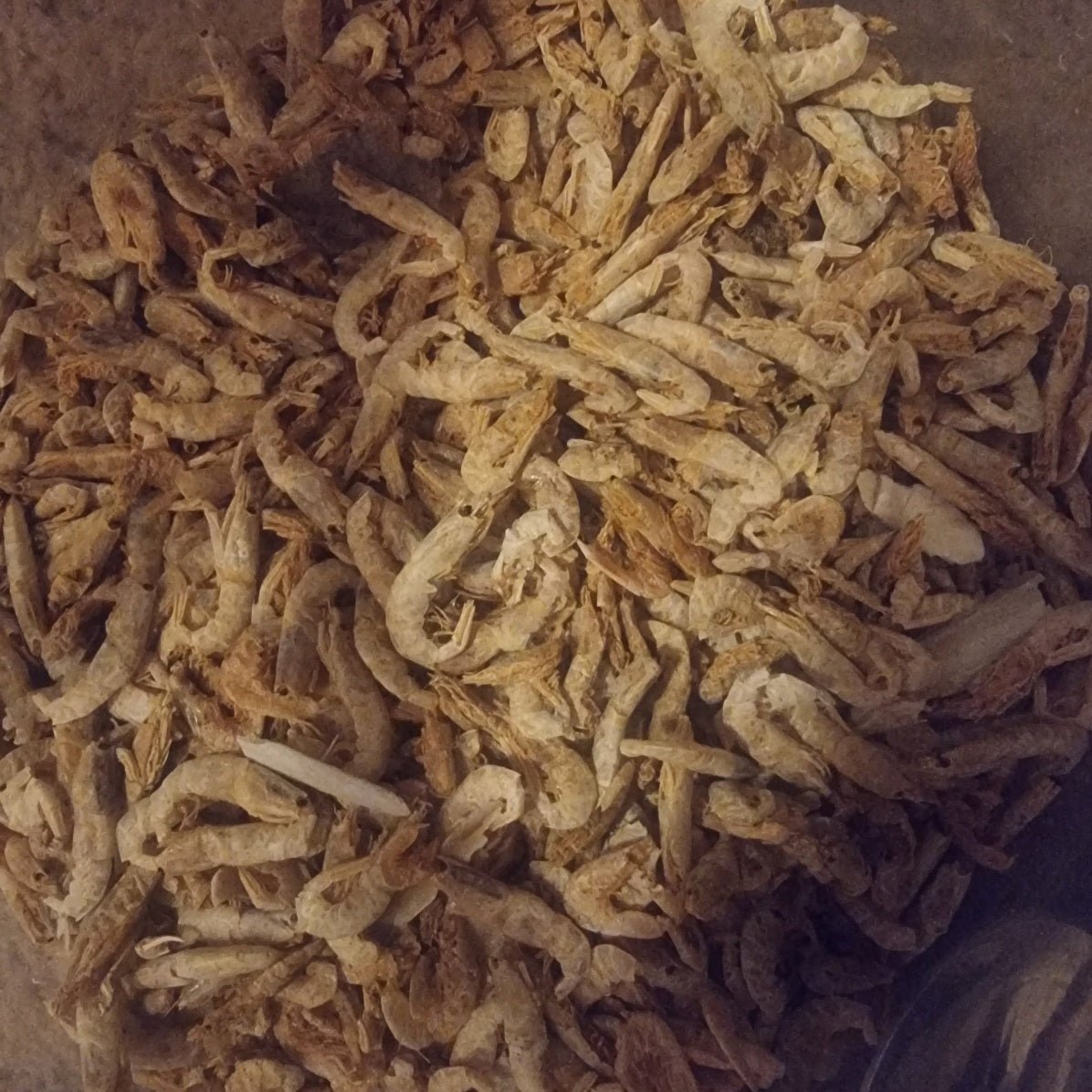If you are a hobbyist interested in the care and maintenance of isopods, you may have wondered about the best foods to feed them. One food that is often recommended for isopods is shrimp.
Isopods use specialized limbs called pleopods for swimming and respiration, which help them move and breathe in aquatic environments.
Isopods are small, armoured, crustacean-like creatures that are often kept in captivity as pets. They have jointed limbs and foot-like appendages that allow them to crawl on land and wood, and some species tend to roll into a ball for protection. They come in a variety of species and colours and are generally low-maintenance and fun to watch. For example, the large isopod genus Bathynomus can reach nearly half a meter in length. While they can eat a variety of things, including decaying plant matter and dead insects, they thrive on a diet that includes a lot of protein.
Why Feed Isopods Shrimp?
Shrimp is an excellent source of protein for isopods. It is easy to find at pet stores and is relatively affordable. In addition to protein, shrimp contains vitamins and minerals that are important for the health of isopods. Shrimp provides nutrients important for both young and adult isopods, supporting the development of eggs and healthy growth. It is also a good way to mix up their diet, which can help prevent boredom and encourage healthy eating habits.
How to Feed Isopods Shrimp?
Feeding isopods shrimp is easy. You can purchase frozen or dried shrimp from any pet store, and simply place it in the enclosure. You can also chop up the shrimp into small pieces, which is easier for isopods to consume. Isopods use their mouthparts and jaws to break down shrimp, and their branching pleopods also aid in gas exchange while feeding. Isopods can swim short distances using their pleopods, and their ability to live on land or in water depends on adaptations for respiration and gas exchange. Keep in mind that while shrimp is a good food for isopods, it should not be the only thing they eat. You should also provide them with a variety of decaying plant matter, calcium-rich foods, and other foods that are appropriate for their species.
In conclusion, feeding isopods shrimp is a great way to give them a healthy, protein-rich diet. Isopods from different genera and habitats, ranging from land-dwelling wood lice to aquatic species, all benefit from a protein-rich diet like shrimp. Shrimp is easy to find and can be a fun and varied addition to their regular food routine. Just be sure to provide them with a balanced diet that includes a variety of foods and watch them thrive. Remember, happy isopods means happy pet owner!
Introduction to Isopod Nutrition and Health
Isopods are fascinating crustaceans with unique nutritional needs that help them thrive in a variety of environments, from deserts and mountains to the deep sea. To maintain their health and well-being, isopods require a balanced diet that includes a mix of food sources such as dried shrimp, other crustaceans, and vegetables. This variety ensures they receive essential nutrients, supporting their growth and activity.
With a body made up of seven segments and an abdomen of six segments, isopods are well-adapted for efficient movement and feeding. Their two pairs of antennae and compound eyes help them navigate their surroundings and locate food, whether they are scavenging for decaying plant matter or hunting for protein-rich foods. In the wild, many species of isopods feed on a range of materials, including animal remains and even other crustaceans, while some are parasitic isopods that attach to hosts and feed on their blood.
Isopods are not only important as pets but also play a vital role in the food chain. They serve as an excellent source of protein for animals like fish and worms, and their presence supports the health of many ecosystems. Scientists study isopods to better understand their behavior, physiology, and ecological impact, which helps improve care methods and conservation efforts. Whether kept as pets or observed in nature, isopods offer valuable insights into biology and the interconnectedness of life.
Preventing Parasites and Promoting Growth
A well-balanced diet is essential for isopods to resist parasites and promote healthy growth. By offering a variety of foods, including dried shrimp and other crustaceans, you help strengthen your isopods’ immune systems, making them less susceptible to parasitic isopods and other parasites that can attach to their gills or body. Proper nutrition supports the development of strong shells and healthy molting cycles, which are crucial for growth and protection against disease.
Feeding your isopods a diverse diet also encourages natural behaviors, such as foraging and exploring, which can reduce stress and further boost their resilience. A healthy, well-fed isopod population is better equipped to fend off infestations and recover from environmental challenges. By focusing on their dietary needs, you not only promote individual growth but also help maintain a thriving, robust colony.
Ecosystem Benefits
Feeding isopods shrimp and maintaining their health has positive effects that extend beyond your enclosure. In natural habitats, isopods play a key role in breaking down organic matter, recycling nutrients, and supporting mud shrimp populations and other crustaceans. Their activity helps keep ecosystems balanced, aiding in decomposition and providing food for a wide range of animals, including fish, worms, and even crabs.
Healthy isopod populations contribute to the stability of food chains, especially in environments ranging from the coast of Mexico to the deep sea. By serving as both decomposers and prey, isopods help sustain many species and promote biodiversity. Their interactions with other animals, such as serving as hosts for parasitic isopods or being consumed by larger predators, highlight their importance in maintaining ecological balance. Supporting your isopods with a nutritious diet not only benefits them but also helps preserve the intricate web of life in which they play a vital part.









